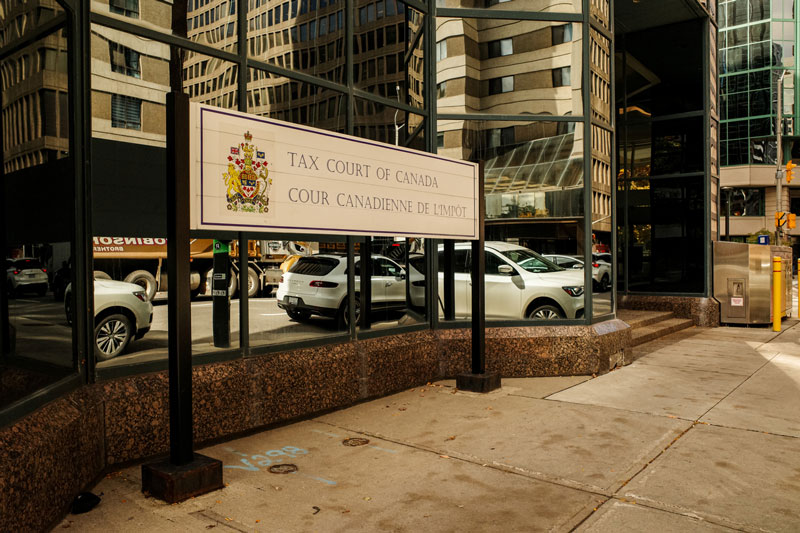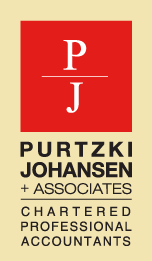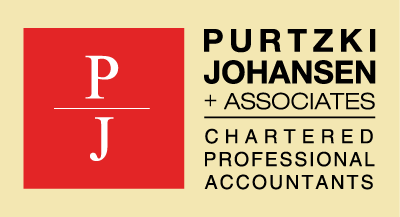
When you sell your principal residence, you are not guaranteed a tax-free sale. It depends on your situation. If you use the principal residence exemption (PRE) quite a bit more than the average Canadian, you will draw the attention of the tax authorities. CRA may reassess the gain on the sale of the property as ordinary business income, which means you are now facing a 50% income tax on the gain. That’s what CRA did to a couple in Ottawa who sold their home in 2007, 2008, 2009, 2011 and 2012. CRA reassessed all of their sales as ordinary business income, plus gross negligence penalties.
The couple bought House No.1 in August 2006. After they moved in, they were disturbed by the fact that they were located close to an industrial site and large trucks past the house from 6 AM until late at night. As a result, after living in the house for ten months, they decided to sell the home, generating a gain of $70,000 in 2007.
They then built House No.2 and moved in September 2007. They became concerned about the security of their twin daughters because of a “coyote invasion”. After living in the house for 11 months, they sold it and made a tidy profit of about $273,000. A month later they moved into a House No.3 which they had built. A real estate agent approached them with an offer they could not refuse. They sold the house in September 2009 for the substantial gain of $404,000.
In December 2009 the couple moved into a House No.4, which was a townhouse. They realized that the truck was too large to be parked properly, and the neighbours kept complaining about their loud parties. They sold the house in January 2011 for a profit of $55,000. Then there was House No.5, which they made some improvements to, but they realized that this home as well was not their dream home and moved out in July 2012 realizing a profit of $188,000.
The Court found that the homes sold in 2007, 2008 and 2009 were purchased with the intention of living in the long-term, and this intention was frustrated for the different reasons. The Court also observed that the taxpayer sought advice from their accountant who confirmed that the houses qualified for the PRE. The Court found that the taxpayers did not make misrepresentation attributable to carelessness, neglect, wilful default, or fraud in 2007, 2008 or 2009. Therefore CRA was not entitled to reassess those years.
Concerning the sale of the homes in 2011 and 2012, the Court ruled that the possibility of selling each of the homes at a profit was, if not the taxpayer’s primary attention, but it was a secondary intention. As a result, the gain on the sale of the homes was fully taxable as business income.
Starting in 2016 you are required to report all your dispositions of your principal residence on Schedule 3 of your tax return.
Without this designation on form T2091, the PRE would not be available to you.



